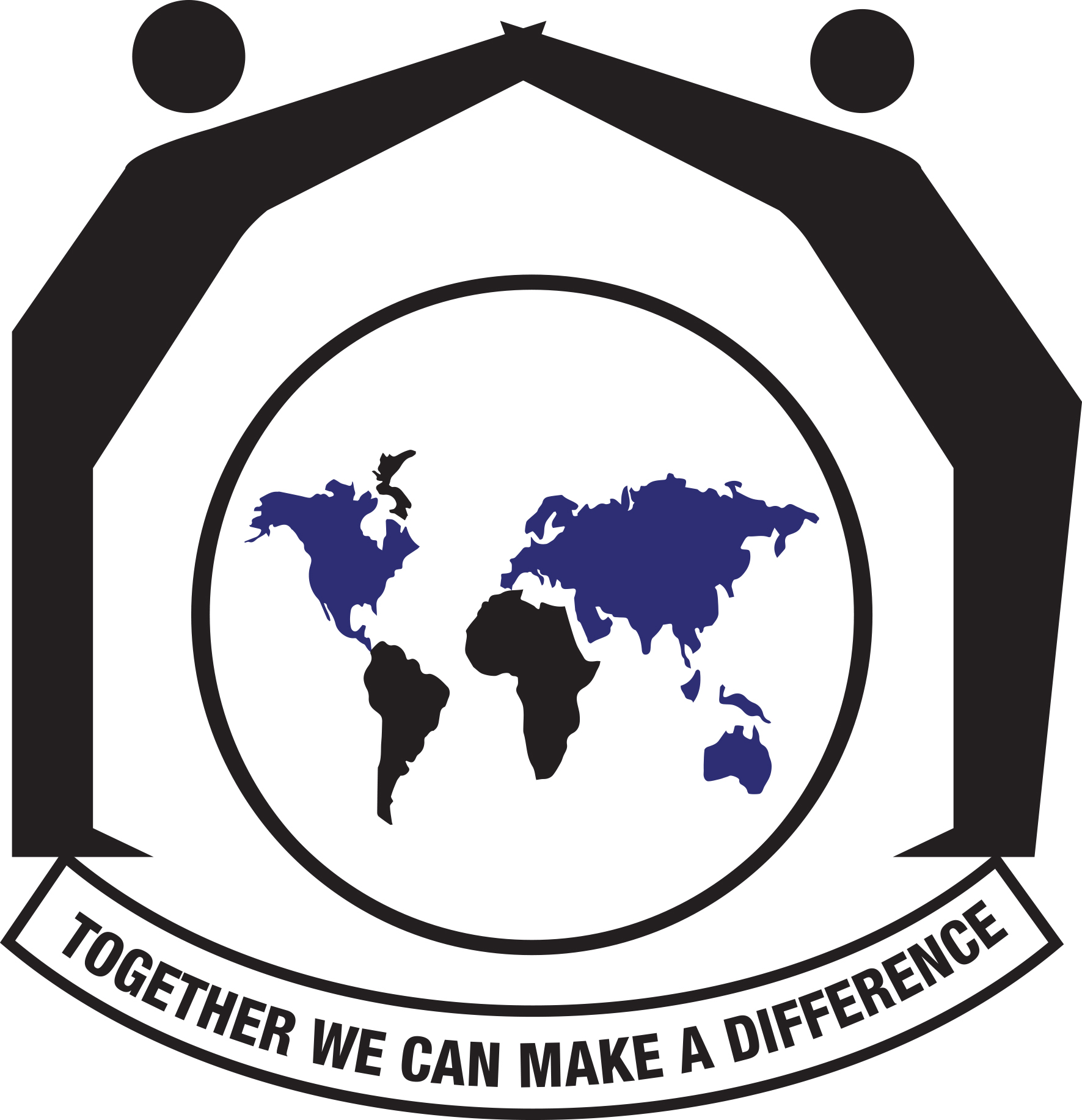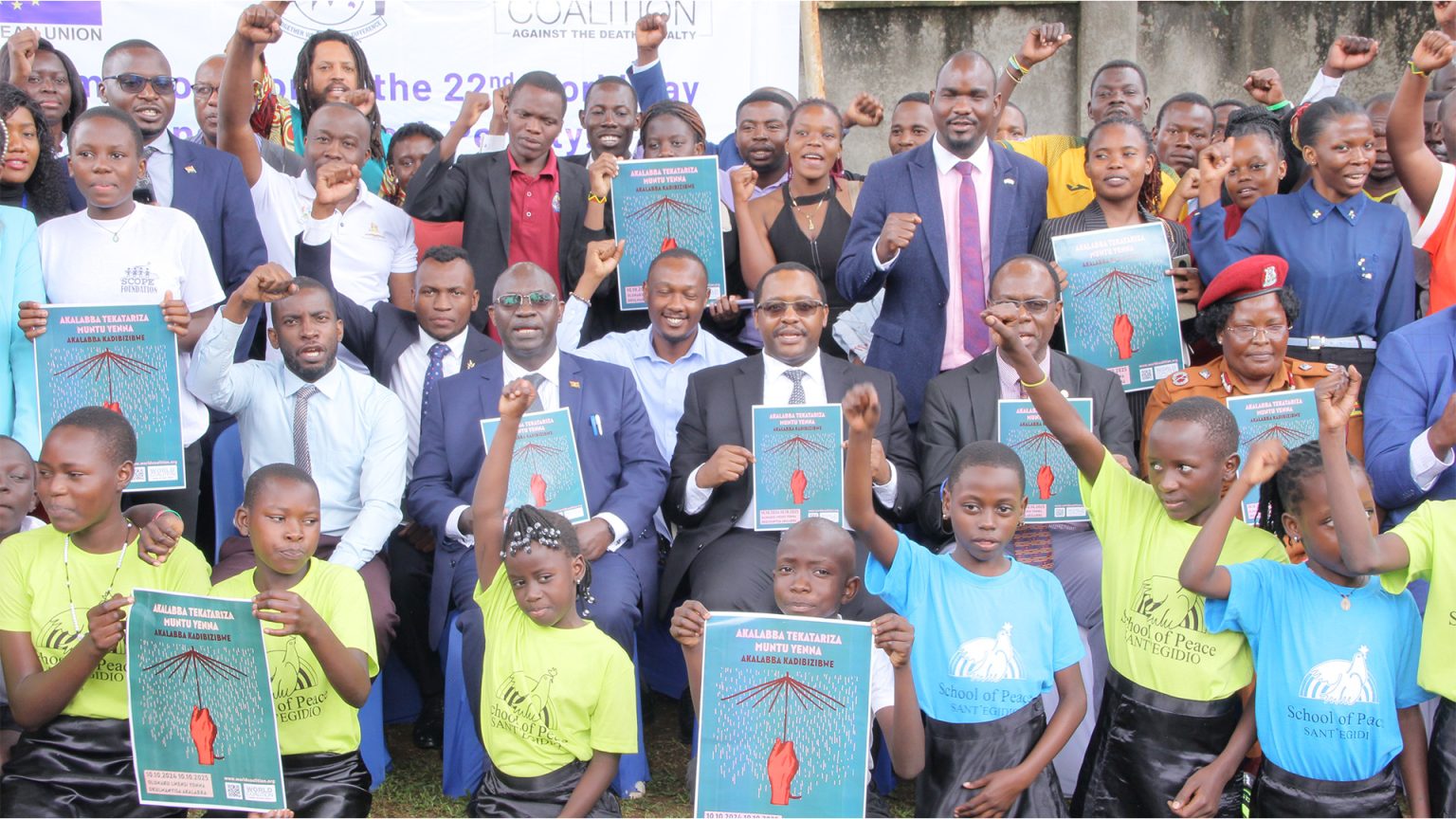Published on: October 16, 2024
By Teddy Namayanja
The Foundation for Human Rights Initiative (FHRI) and SML News Ug have partnered to raise awareness about the death penalty and its human rights implications, advocating for its abolition in Uganda. The partnership was signed a week leading up to October 10, the World Day Against the Death Penalty, at the FHRI offices in Nsambya, Kampala.
The two entities joined other bodies like the International Federation for Human Rights (FIDH) and other members of the World Coalition Against the Death Penalty that are raising awareness around the death penalty and calling for its abolition in every country.
In Uganda, we have 104 people on death row, including one woman. The number has been higher before, but because of the progress we have made, both in law and practice, the numbers have continued to decline. So it’s still possible that Uganda can abolish the death penalty.
“It is in this respect that I welcome our partner, SML News, and invite the rest of the media fraternity to join this global campaign against the death penalty, because we can,” says Dr. Livingstone Sewanyana, the founding Executive Director of the Foundation for Human Rights Initiative.
He said that the growing trend is that countries across the globe are softening their hold onto the death penalty. So far, 112 countries have abolished the death penalty for all crimes, 9 countries have abolished the death penalty for ordinary crimes, 23 countries are abolitionist in practice, and only 55 countries still uphold and use the death penalty, including Uganda.
“The last execution that Uganda had was in 2005, when some military officers were executed for killing some Irish visitors. However, cvilian executions were last conducted in Uganda in 1999, when 28 people were executed, which means, since then, Uganda has not executed anyone,” Sewanyana says.
Uganda, for the first time, last year, voted in favour of a UN resolution on a moratorium on executions, meaning that Uganda is increasingly moving towards abolition. The other indicator is that in 2022, Parliament conducted a survey within its Committee on Human Rights amongst stakeholders, including highest government officials and they all unanimously endorsed the abolition of the death penalty. And lastly, but not least, the judiciary, since 2009, is reluctant to sentence people to death
This, according to human rights activists, is a good thing because the majority of people who are on death row are actually poor people, oftentimes with mental problems. The death penalty has often been found to be an instrument against those who are marginalized, deprived, oppressed, and the poor.
Rich people who commit these offenses often get very good legal representation and are able to stave off such sentences. So, it’s an issue of legal representation, according to experts.
“Finally, the campaign against the death penalty is to invite states to invest resources in ensuring justice for the poor by providing financing to police, financing to the DPP, financing to legislation, because most of the errors are committed along that chain. The campaign against the death penalty is a preventive strategy that if you resource the judiciary, if you resource the police, if you resource the prosecution, and they do their work, there will be fewer people who will commit those crimes,” Sewanyana says.
Stats
Sixteen countries are known to have carried out executions in 2023. The 5 countries that executed the most in the world in 2023 are, in descending order: China, Iran, Saudi Arabia, Somalia, and the USA. At least 27, 678 individuals are known to be under a sentence of death around the world at the end of 2023, of which less than 5% are women.
Uganda has the biggest number of cases that attract the death penalty in East Africa, according to experts. Currently, there are 28 offences, and most of them have a political nature. They include terrorism offences, cowardice in battles among others.
Partnership
SML News UG, an online media, Audio-Visual Production, Marketing and Advertising and Communications Consultancy company, partnered with FHRI in their campaign to abolish the death penalty in Uganda as part of our corporate social responsibility. According to Simon Muyanga Lutaaya, SML News Uganda recognizes the importance of promoting human rights, dignity, and justice.
We believe that the death penalty is a cruel and inhumane punishment that undermines these fundamental values. Our partnership with FHRI is driven by our commitment to using our platform for social good. We aim to amplify the voices of those advocating for abolition, create awareness about the issues surrounding capital punishment, and stimulate meaningful conversations among Ugandans,” he says.
Through this collaboration, SML News Uganda will leverage its media expertise to:
1. Publicize the campaign’s key messages and events.
2. Produce informative content highlighting the human impact of the death penalty.
3. Engage the public through traditional media and online -social media and
FHRI is a non-governmental human rights advocacy organization that campaigns the abolition of the death penalty.

